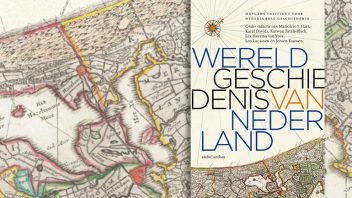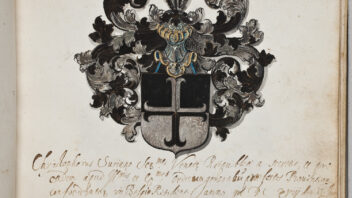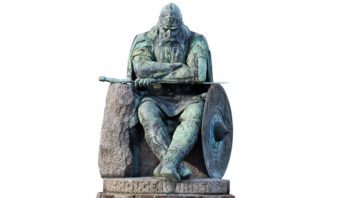Citizen petitions more important than participating in elections
Amsterdam, 26 September – Filing petitions and petitions was much more important than participating in elections in the early Kingdom of the Netherlands. This concludes Joris Oddens in his new book Op veler verzoek (By popular demand), which gives an important impetus to the contemporary discussion on political participation.
In his book, Joris Oddens, head of the Political Culture and History Department at the Huygens Institute, offers a new interpretation of Dutch politics between 1780 and 1860. Existing historiography portrays the period after 1813 as one of civic indifference: especially under King William I, citizens were said to have been hardly involved in politics, and felt little need to do so. In Op veler verzoek, Oddens shows that this picture is incorrect: citizens continued to organise and petition, and much decision-making came about thanks to petitions.
Until now, historians have largely ignored the ubiquitous practice of petitioning in research. Oddens shows in his book that in the years when representative democracy emerged by fits and starts as a new political system, petitioning and petitioning, as a form of political participation, remained much more important than participating in elections.
Petitioning was also an inclusive practice: it was open to women, non-Protestants, urbanites without civil rights, rural dwellers, foreigners and the poor. This put these groups on an equal footing with well-to-do, reformed, male urban citizens, which did not mean that their political petitions were equally likely to be granted; there were persistent prejudices about the judiciousness of non-privileged residents of the Netherlands.
No one yet realises that the Netherlands was a petition society for centuries, in which it was quite common for policymakers to weigh petitions in the decision-making process. The lack of this historical awareness prevents a proper analysis of the contemporary problem of the gap between citizens and politics. And just now, the Lower House faces a fundamental choice: does it want to follow the example of parliaments in other countries and have its own digital petition platform or not? Joris Oddens’s historical research suggests that a petition platform can contribute to the feeling among both petitioners and onlookers that politics takes its citizens seriously.

Op veler verzoek. Inclusive politics in the Netherlands (1780-1860) is published by Boom Publishers Amsterdam and was written with financial support from the KNAW Fund Statesman Thorbecke.




